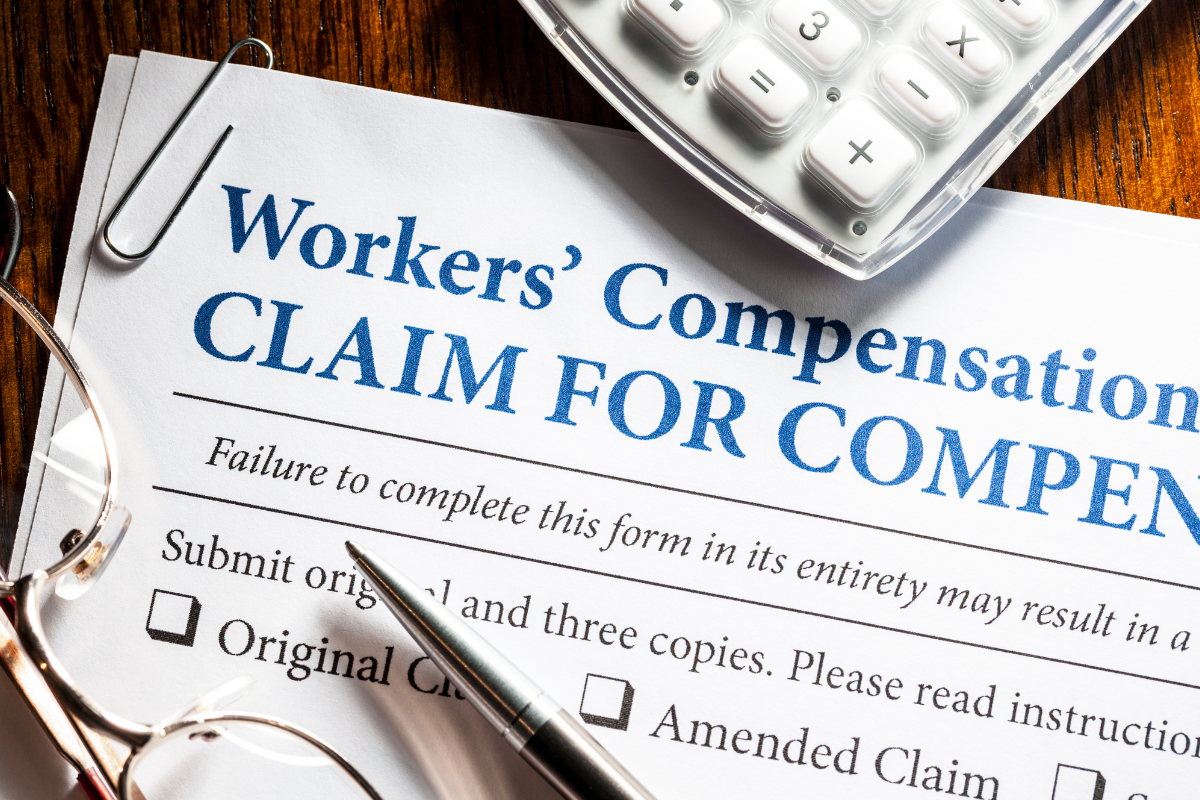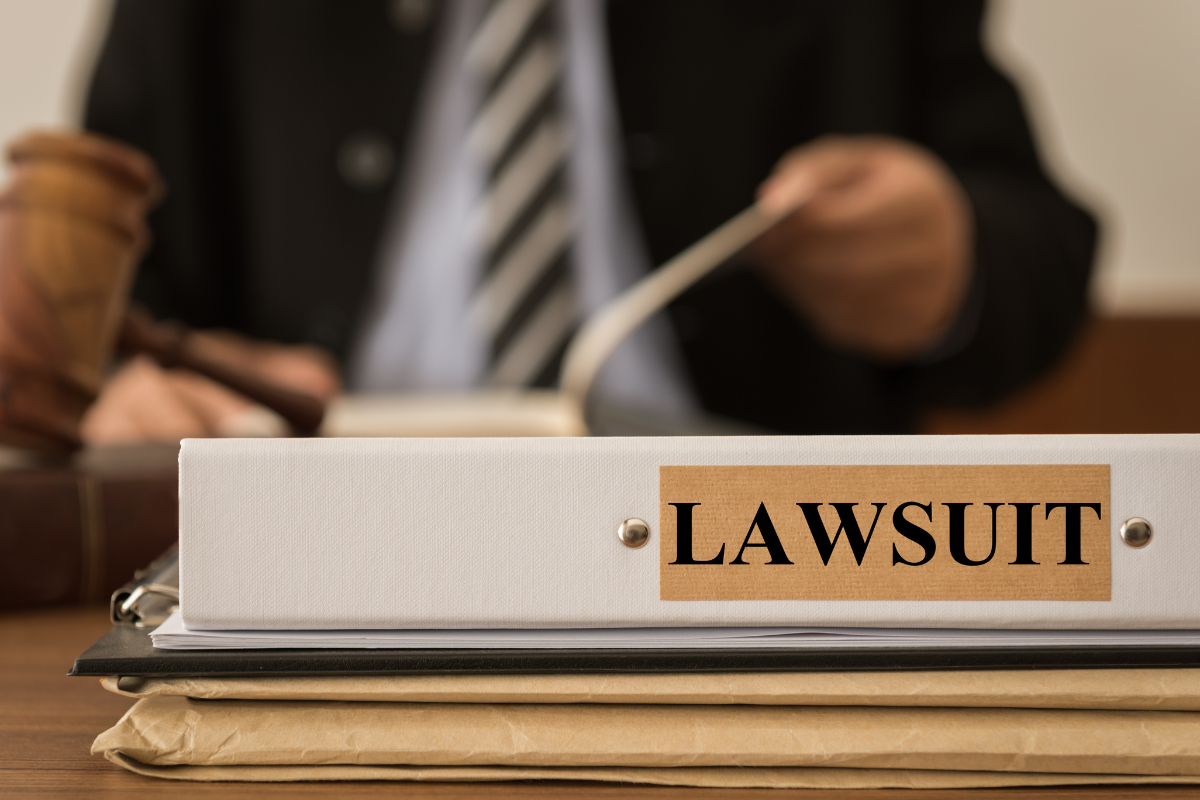Have you ever wondered if you can hold a company responsible if one of their employees crashes into your car? It’s a fair question, especially if the collision caused you harm.
Companies often own the vehicles driven by their workers or require them to drive as part of their job.
And in some cases, businesses may even be liable for accidents caused by employees in their own personal cars while “on the clock.”
In this article, you’ll walk through the key issues to help you better understand the potential liability of employers.
With insights from the best car accident lawyer in Houston, you’ll learn the legal principles behind these cases, the damages that can be claimed, and how to file an injury lawsuit or insurance claim if an on-duty worker crashes into you.
Post Contents
- 1 When Can Businesses Be Sued For Crashes Caused By Employees?
- 2 Employee Negligence Versus Employer Negligence
- 3 Scrutinizing Personal vs. Company Cars in Accidents
- 4 Overcoming Employer Defenses
- 5 Breaking Down Potential Damages in Third-Party Injury Claims
- 6 Insurance Claims and Lawsuits – How Accident Victims Get Paid
- 7 Workers Compensation Offset Considerations
- 8 Punishment Through Gross Negligence Claims
- 9 Closing Thoughts
When Can Businesses Be Sued For Crashes Caused By Employees?
You can start by looking at two common legal doctrines that allow injured parties to hold employers responsible for accidents triggered by their negligent workers.
The “Respondeat Superior” Rule for On-the-Job Conduct
Under the legal principle of respondeat superior (Latin for “let the superior answer”), a company can be found liable for wrongful acts of employees that occur within the “course and scope” of their work duties.

For example, if a pizza delivery driver causes a collision while out on a delivery run, their employer might have to compensate the victim for resulting harm.
The key questions will focus on whether the driver was actively doing their job and following the company’s orders when the crash took place.
If so, the employer is considered responsible for the employee’s negligence under respondeat superior.
But if the delivery driver got into an accident while deviating from the route to run a personal errand, the company would likely avoid liability since they didn’t direct the negligent conduct.
Negligent Entrustment Of Company Vehicles
Employers also owe a general duty to the public to use reasonable care when providing vehicles to workers who must drive as part of their work.
Under “negligent entrustment” laws, businesses can be held accountable if they knew or should have known that a worker was likely to drive recklessly but still allowed operation of a company-owned car, truck, or van.
For example, evidence that a firm handed over vehicle keys to a worker with multiple drunk driving convictions could establish a viable negligent entrustment claim following a crash, even if alcohol wasn’t involved in the actual collision.
Employee Negligence Versus Employer Negligence
While the negligence of an employee driver often triggers employer liability, companies can also bear direct responsibility for crashes based on their own actions and failures to act.
For example, businesses might implement inadequate hiring protocols that fail to screen out high risk drivers.
Similarly, firms can inadequately train worker drivers, neglect vehicle maintenance or overload company trucks in ways that make collisions much more likely.
When direct negligence by employers combines with employee carelessness, additional legal doctrines like joint and several liability may apply to maximize compensation for injured third parties.
Skilled attorneys explore all potential negligence sources in building injury claims and lawsuits.
Scrutinizing Personal vs. Company Cars in Accidents
When evaluating whether a company bears blame for a vehicular collision, a lot hinges on whether the at-fault employee was operating a company car or their own personal vehicle at the time of the incident.
Business Vehicles Present Bigger Targets
It’s often easier to hold an employer liable for crashes involving company cars, trucks, or vans provided to workers for carrying out job tasks.
Beyond respondeat superior and negligent entrustment, firms can face added negligence claims related to maintenance, inadequate safety features, loading procedures, and other operational aspects tied to a business-owned vehicle.
Many companies that have employees regularly driving on the job must also carry significant commercial auto liability insurance policies, which can provide another source of compensation if one of their workers causes an accident.
Personal Cars Put Focus on “Scope of Employment”
Getting compensation from an employer for a crash caused by an employee driving their own personal vehicle is more challenging and fact intensive.
With no company asset involved, the key question will center on whether the employee was actively performing work activities within the course and scope of employment at the time of the collision.
Relevant details could include whether the employee was running an authorized work errand or traveling between business-related appointments using their personal car. If the answer is no, vicarious liability will be difficult to establish.
Much also depends on whether and to what extent the employer reimburses workers for using personal vehicles for business purposes.
More control and direction over such driving generally equates to greater responsibility for accidents.
Overcoming Employer Defenses
Beyond disputing negligence itself, corporate defendants utilize various tactics to skirt liability after worker-driving incidents.

For example, businesses often argue that an employee substantially deviated from their duties and served the company’s interests at the crash time, even if generally acting within the scope of work.
Establishing deviation can defeat key doctrines like respondeat superior. GPS keeps track of fleet vehicles aiding customer service and insurance claims.
Similarly, employers regularly claim workers were acting outside the course and scope of duties while commuting, running personal errands or engaging in prohibited acts like using cellphones while driving.
Here too victims must overcome arguments that the employee’s specific actions fell outside expected job activities when the collision occurred.
Breaking Down Potential Damages in Third-Party Injury Claims
Now examine typical categories of damages that can be claimed against a negligent employee and their employer after an on-the-job auto collision.
Personal Injury Compensation
If a vehicle crash caused by a worker results in physical harm to a third-party driver or passengers, substantial compensation may be warranted for associated medical treatment, lost income, decreased earning capacity if disabilities result, pain and suffering, and reduced enjoyment of life after the traumatic event.
Exact settlement or court award amounts depend on the specific injuries, treatment needs, and impact on livelihoods.
Crashes resulting in permanent disability or death often produce seven- and eight-figure verdicts or settlements.
Property Losses
Beyond physical injuries, accidents often destroy vehicles and other personal property.
Victims can claim the pre-crash fair market value of “totaled” cars, repair costs for salvageable vehicles, and compensation for damage to items inside cars and trucks at the time of collision.
Other Damages
Other losses that might further enlarge a personal injury claim against a negligent employee and employer include loss of companionship or consortium when injuries limit relationships and activities with loved ones and bystanders.
Ongoing medical monitoring costs may also enter the mix along with expenses related to the incident like ambulance transportation, hospital parking fees, rehabilitation equipment rentals or construction modifications to accommodate disabilities.
Insurance Claims and Lawsuits – How Accident Victims Get Paid
Now that you’ve surveyed relevant legal doctrines and potential damages, it’s time to look at logistical and procedural issues accident victims face when seeking compensation from an employer for harm caused by a negligent employee driver.
Insurance Claims
In injury claims resulting from on-the-job vehicle collisions, multiple liability insurance policies often come into play.
This includes the at-fault employee’s personal auto policy along with various business auto and commercial general liability policies that companies hold.
Identifying all policies and giving proper notice of a claim is critical for obtaining rightful compensation, as insurers look for contractual excuses to deny or limit payouts when notice and cooperation requirements aren’t strictly followed.
An experienced injury attorney knows how and when to engage all insurers related to an employer/employee-caused crash to protect victims against coverage barriers.
Skill is also required during the negotiation process, as insurers routinely make very low initial offers hoping injured parties will take quick settlements that greatly undervalue potential legal entitlements.
Here too lawyers make a difference, leveraging litigation risks credibly into fair compensation.
Personal Injury Lawsuits
While insurance settlements resolve many employer liability claims stemming from employee-involved collisions, some cases necessitate formal legal action when liability disputes exist or insurers refuse reasonable compensation.
Lawsuits allow thorough investigation and discovery along with court orders requiring information exchanges relevant to legal responsibility and damages.
Rather than accept lowball offers, pressing court cases against negligent drivers and their employers can reveal liability facts and damage substantiation that brings enhanced settlements or jury verdicts far exceeding early insurer offers.
With tight deadlines governing legal rights and action after accidents, prompt moves by an attorney experienced in employee-driving injury litigation makes all the difference.

Workers Compensation Offset Considerations
Another nuance accident victims and lawyers must consider involves potential workers compensation offsets.
If an injured person receives workers comp benefits through their own employment after being harmed by a negligent worker driver, those payouts may reduce additional recovery opportunities from the at-fault employee’s company.
But workers’ liens and subrogation rights held by comp carriers can also give victims more leverage and an impetus for employers and their insurers to maximize settlements, as they indirectly shoulder some costs flowing from their worker’s misconduct behind the wheel.
Punishment Through Gross Negligence Claims
In rare cases where an employer’s misdeeds reach extreme levels, accident victims may assert gross negligence claims rather than simple negligence arguments.
Under the higher gross negligence standard, businesses engaged in careless acts so reckless that injuries seemed inevitable can trigger additional punitive damages above normal compensation amounts.
Punitive verdicts mainly aim to punish companies for severe wrongdoing and deter similar conduct going forward.
But they also pay financial recoveries for injured parties and may give extra negotiation leverage with insurers.
Closing Thoughts
On-the-job collisions caused by co-workers can produce life altering harm. As this discussion reveals, companies can bear significant blame for enabling and failing to prevent such crashes.
Redistributing losses equitably through injury claims rests on victim diligence and legal skill.
Retaining counsel with expertise in this niche at the outset balances scales. Don’t leave potential remedies on the table due to lack of guidance or reluctance to act assertively. With proper direction, valid remedies await.






























